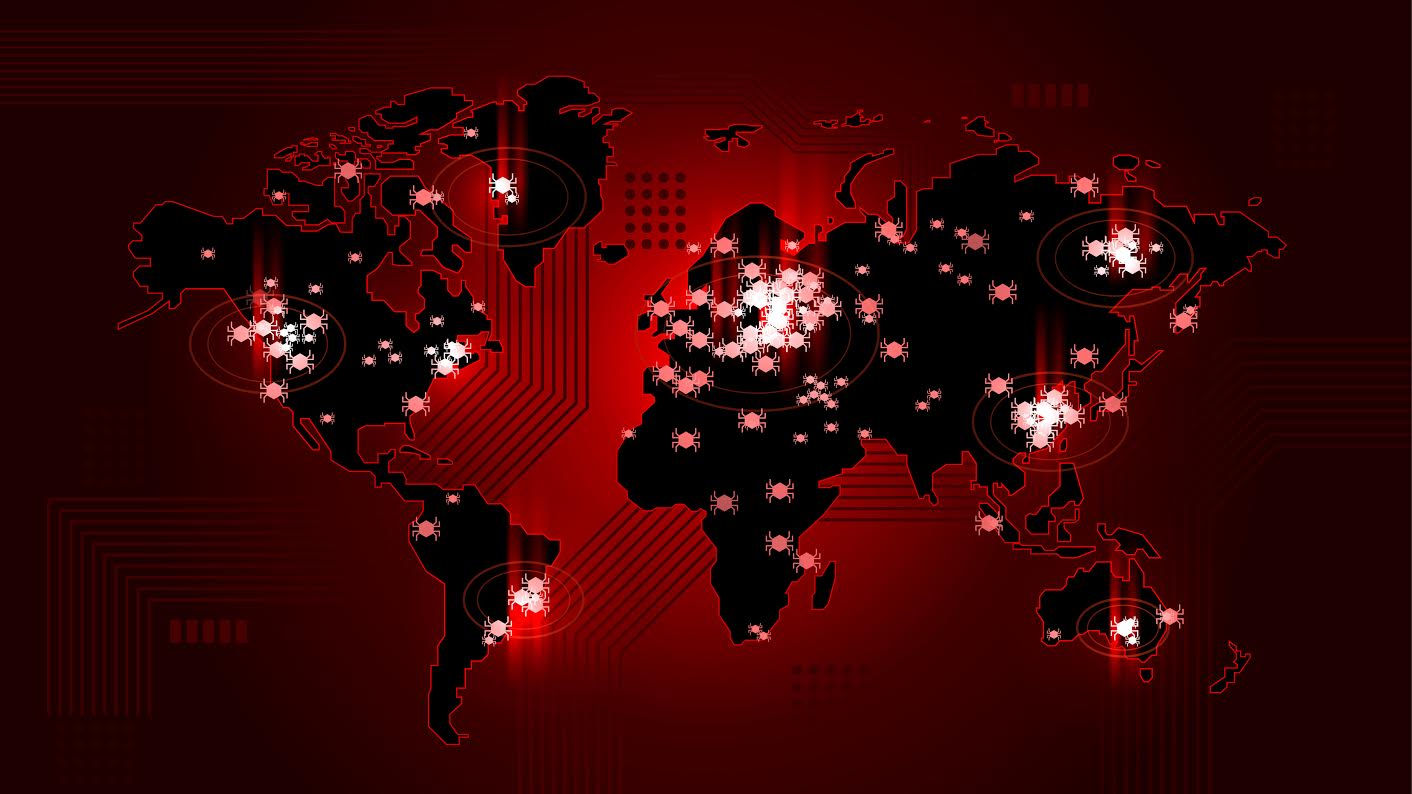The year 2016 was filled with challenges across the globe. Natural disasters, political upheaval and terror attacks were among the most prominent challenges. With the number of challenges likely to expand in 2017, businesses need to know how they can overcome future disruptions across the world.
The 2017 FM Global Resilience Index ranks 130 countries and territories by three factors: economic, supply chain and risk index. Each factor is based on four drivers influencing each factor. These combine to form the composite index, which is the basis of each countries score and rank. Scores are bound on a scale of 0 to 100, with 0 representing the lowest resilience and 100 being the highest.
FM Global's index includes three new drivers: inherent cyber risk, urbanization rate and supply chain visibility. The first reflects a country's vulnerability to a cyber attack and its ability to recover. The second serves as an evaluation of types of infrastructure which would be stressed following a natural disaster. The final driver reflects the ability to track and trace shipments across a country's supply chain.
With this in mind, businesses can determine where to site a facility and which suppliers to select, among other options. Businesses seeking to minimize risk and maximize performance now have a global analysis at their disposal.
“Our clients have found the index valuable when making important decisions about their properties, business strategies and supply chains,” said Bret Ahnell, executive vice president at FM Global. “We upgraded the index this year to reflect escalating threats that can make a lasting impact on business performance.
Continue reading…

FM Global ranked 130 countries by three factors: economic, supply chain and risk index. (Photo: Shutterstock)
Countries to keep an eye on.
Switzerland is ranked first in the FM Global Resilience Index. Switzerland is among the best in the world for its infrastructure and local suppliers, its political stability, control of corruption and economic productivity. The country has ranked first for the past five years. The data reveal some natural hazard exposures for Switzerland, but these risks are offset by the presence of good local standards.
Luxembourg rose to second in 2017 from eighth in 2013, owing partly to its reduced reliance on oil for economic productivity. It enjoys a strong reputation for its financial sector, its network of service providers and its responsive, business-friendly regulations. Following Brexit, financial institutions are looking across Europe to set up a new home — in March, AIG announced its plans to open an insurer in Luxembourg.
Haiti is ranked last in the FM Global Resilience Index. Much of this due in part to its high natural hazard exposure and poor economic conditions. Haiti ranks 38 for inherent cyber risk, which is a reflection of low internet penetration within the country. At second to last, Venezuela continues to face political instability, poor infrastructure and ill-perceived local supplier quality.
Continue reading… 
As cyber attacks become more common, the issue of cyber security should become a top consideration for businesses in any country — but especially if they're looking to operate in numerous locations. (Photo: Shutterstock)
Focus on cyber risks
After the WannaCry ransomware program affected 150 countries, cyber security has been elevated to the main stage. Many businesses fail to prepare for cyber issues, but demand for anti-hacker insurance is on the rise.
FM Global states the rapid pace of technological change continues to outpace cybersecurity. The 2017 FM Global Resilience Index includes a measure of inherent cyber risk that combines equally a country's vulnerability to cyber attack with the country's ability to recover from such an attack.
The United Kingdom's and France's position in the index was held back by its exposure to cyber risk. In the U.K., 92% of the country have access to the internet; in France, 85% of the country have access to the internet.
Middle Eastern countries are particularly exposed to cyber risk. The Middle East is one of the fastest growing regions for personal internet use and mobile telephony, but companies in the region appear skeptical and unprepared to deal with cyber security and recovery. The four countries ranking lowest in the index for inherent cyber risk are Saudi Arabia (56), Bahrain (44), UAE (32), and Qatar (13).
Continue reading…

Building codes and regulations are developed to protect public health, safety and the welfare of people in the construction and occupation of buildings and structure. (Photo: Shutterstock)
Building codes play a big role
The most influential determinant of risk quality of a country's commercial and industrial properties is the prevailing building code and its enforcement. The absence of quantitative data on building codes was reflected in the previous indexes. Addressing this inadequacy, this year's index generated a proprietary measure of building code quality by country which incorporates both the quality of codes and their enforcement.
Because there is no universal building code or regulation globally, individual countries may develop their own codes or adapt others' codes to suit their needs and outcomes. Often, there can be large variations in enterprise resilience to fire and natural hazard events.
The poorer nations in the FM Global Resilience Index tend to have lower standards of building code for both natural hazard and fire risk, whereas the more developed countries tend to have higher construction standards with regularly updated codes. In countries with low construction standards, it becomes patently more important for companies to go beyond that which is required, and invest in best practice risk management with respect to natural hazards and fire.
PropertyCasualty360
© 2025 ALM Global, LLC, All Rights Reserved. Request academic re-use from www.copyright.com. All other uses, submit a request to [email protected]. For more information visit Asset & Logo Licensing.




